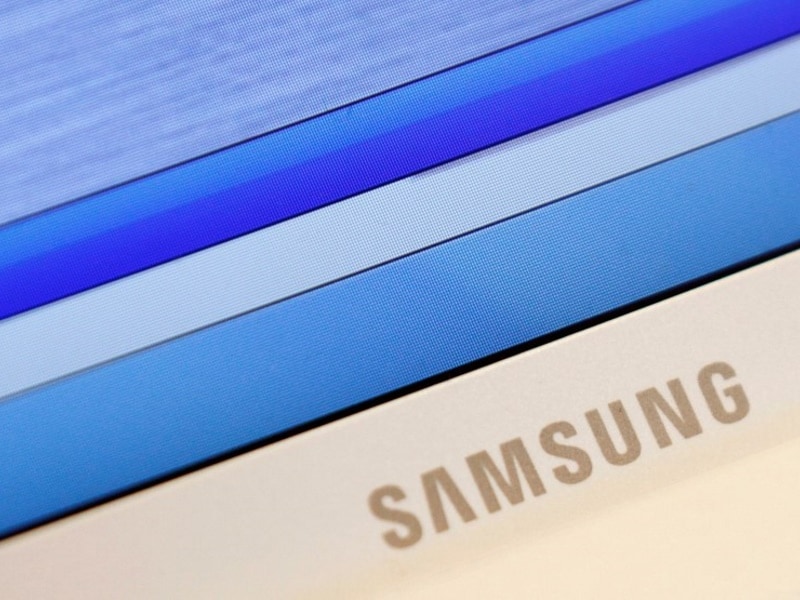
HIGHLIGHTS
Samsung to invest $18.63 billion in chip, display business in South Korea
The firm will also add a production line to its NAND plant in China
Samsung said its South Korea investment could create up to 440,000 jobs
Samsung Electronics Co Ltd said on Tuesday it plans to invest at least KRW 21.4 trillion ($18.63 billion or roughly Rs. 1,20,732 crores) in South Korea as it seeks to extend its lead in memory chips and next-generation displays for smartphones.
The world’s biggest memory chip maker by revenue said the spending includes KRW 14.4 trillion by 2021 on its new NAND factory in Pyeongtaek. It will invest KRW 6 trillion in a new semiconductor production line in Hwaseong, but did not elaborate on timing or product.
The firm will also add a production line to its NAND plant in Xi’an, China, in response to booming demand for long-term data storage chips. It has not set an investment amount or time frame.
Samsung and other memory makers are widely expected to post record profit in 2017 as a persistent shortage and demand for more capability in smartphones and servers lift prices. Industry sources and analysts said the shortage is more acute for NAND chips due to increasing adoption of high-end storage products.
Some analysts said Samsung’s production technologies are at least a year ahead of rivals such as Toshiba Corp and SK Hynix Inc. Samsung routinely invests more than $10 billion (roughly Rs. 64,810 crores) in semiconductors annually, helping build its lead, and analysts said the latest investment seeks to widen the gap.
Samsung, Toshiba and SK Hynix have committed tens of billions of dollars to boost NAND output in recent years, yet analysts and industry sources said shortages are likely to persist at least through 2017 as new facilities will not make meaningful supply contributions until next year.
Some analysts said the additional capacity could cause slight oversupply in early 2018, but that price crashes are unlikely as smartphone makers opt for greater internal storage. Demand for high-end server storage for cloud computing and virtual reality applications will also continue to grow.
“I believe NAND market conditions will continue to favour suppliers until 2020,” said HMC Investment analyst Greg Roh. Any oversupply issues will be temporary and limited to seasonally weaker periods, he said.
Samsung’s investment plan comes as new South Korean President Moon Jae-in calls on local businesses to create more jobs and help reinvigorate the economy.
Samsung said its South Korea investment could create up to 440,000 jobs through 2021 and will help boost the economy.
In China, some South Korean firms have suffered from sales decline or have been forced to scale down operations after retaliatory measures from Beijing over the deployment of a US anti-missile defence system outside Seoul, but components makers such as Samsung have not yet been affected. Chinese smartphone makers are among the biggest buyers of memory chips and displays, many from Samsung.
The South Korean firm accounted for 40.4 percent of global memory chip revenue in January-March, showed data from researcher TrendForce, making it difficult for electronics makers to entirely avoid buying its chips.
China is trying to grow its own memory chip producers but it may take several years before Chinese companies can compete with existing makers.
Samsung on Tuesday also said unit Samsung Display plans to invest around KRW 1 trillion on a new organic light-emitting diode display complex in South Korea.
[“Source-ndtv”]










